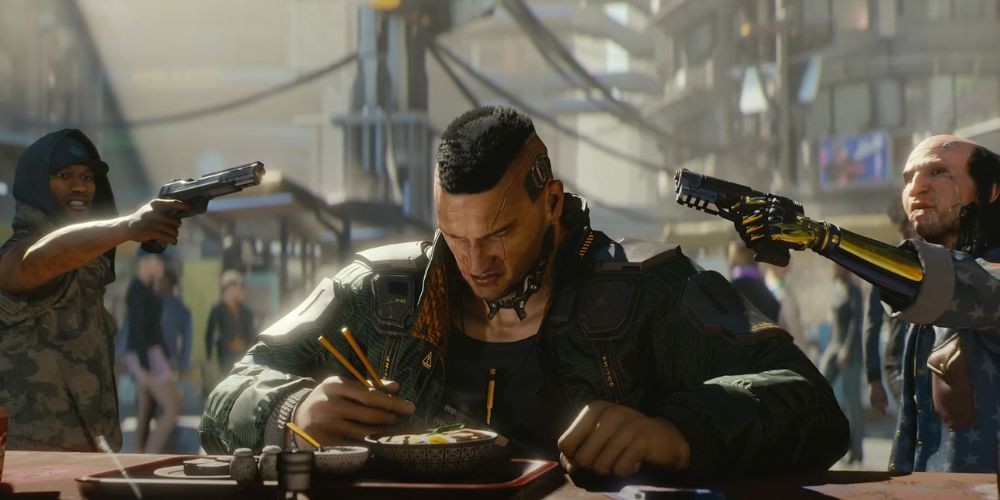Bridging the Uncanny Valley: Will AI-Driven NPCs Ever Match Human Craftsmanship?
- 02-04-2024

As the video game industry marches towards the horizon of technological innovation, developers are constantly seeking ways to enhance the player experience. Among the profound advancements are the efforts to integrate generative AI into the realm of non-playable characters (NPCs) — an attempt to infuse them with a semblance of human spontaneity and relatability. Yet, despite the sophistication of AI, the nuanced artistry of handcrafted characters remains unchallenged.
Pawel Sasko, the celebrated quest designer from CD Projekt Red, has revealed the studio's forays into generative AI research and development. Despite the promise of increased reactivity and dynamic interactions that such technology might offer, he still needs to be convinced that AI can currently replicate the depth and emotional complexity of characters birthed from human creativity. According to Sasko, the disparity between AI-generated NPCs and those meticulously crafted by writers and designers is akin to a vast, gaping chasm.
The engaging personalities and backstories found in titles like Cyberpunk 2077's "Phantom Liberty" illustrate the sheer scale of the canyon that Sasko describes. What AI can currently generate pales in comparison to the narrative and emotional vibrancy of these hand-sculpted digital inhabitants? It is not merely a question of technology's capacity but whether it can master the subtlety of human intent and artfulness necessary for creating immersive storytelling.
Given the monumental success of profoundly personalized gaming experiences like Cyberpunk 2077 and Baldur's Gate 3, there's a sentiment echoed by developers that, while AI has a role as a valuable tool, it falls short of replacing the human touch in crafting narratives. Visionaries like Sasko and Larian Studios CEO Swen Vincke hint that AI's role should complement, rather than attempt to usurp, the inherently human process of storytelling.
Though the gaming industry is renowned for its swift evolution, the day when AI can paragon the prowess of human writers and designers seems a distant future. In the meantime, developers continue to explore the fusion of AI assistance and human creativity, aiming to find the perfect symbiosis that can elevate video game narratives to unprecedented levels of engagement. As we edge closer to this juncture, the inkling of true digital humanism in gaming remains a work in progress, guided by the deft hands of its human creators.